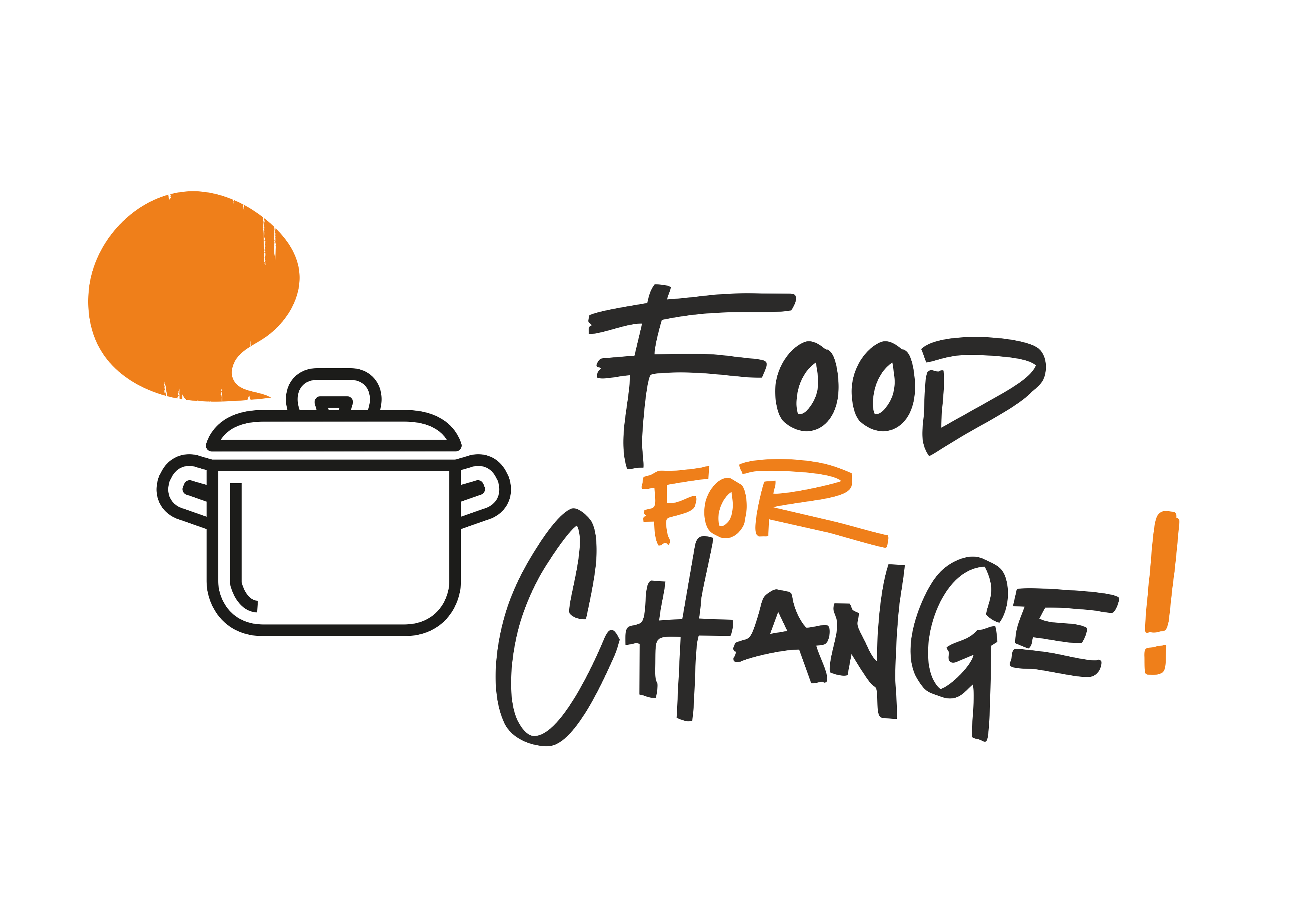Food is more than just sustenance; it is a universal language that transcends barriers of gender, race, age, disability, and sexuality. The United Nations recognizes access to adequate food as a fundamental human right, intertwined with other rights such as equality, life, and personal security.
At the intersection of food and social integration, our project harnesses the transformative potential of food-sharing practices. While cuisines from around the world seamlessly blend into societies, people from minority groups often face challenges in finding acceptance. We believe that food can be a catalyst for intercultural exchanges, fostering the integration of migrants, refugees, and marginalized youth.
The mental health crisis among European youth has reached alarming levels, exacerbated by the COVID-19 pandemic. To address this pressing issue, we need innovative approaches. By utilizing food-based methods, we aim to create safe spaces for dialogue, empowering young people with a sense of belonging and community. Together, we can enhance their emotional, mental, and physical well-being.
Our project is driven by the conviction that mental health is not an individual or national problem but a collective responsibility. Through cooperative partnerships and intercultural dialogue, we aim to tackle stress, anxiety, loneliness, and depression experienced by young people. By sharing their experiences, thoughts, and stories, youth can find strength and support within a nurturing community.
Recognizing the value of food in fostering social cohesion, well-being, and environmental sustainability, we are committed to using innovative food-based methods for intercultural dialogue. Our project encompasses training, dialogue dinners, and multiplier events to achieve the following outcomes:
Support active citizenship: Empower youth to engage in discussions on local and European issues, reflecting on topics that transcend borders. By sharing their experiences and initiatives, they will become active speakers in their communities, fostering social responsibility and sparking positive change.
Improve mental and physical well-being: Through skills acquired during training and participation in dialogue dinners, youth will experience personal, social, and educational growth. The sense of community and belonging developed through intercultural dialogue will reduce feelings of loneliness, stress, and depression. Additionally, healthy seasonal food recipes will contribute to their physical well-being.
Foster social inclusion: We aim to reach marginalized youth at risk of social exclusion, including those affected by poverty, disabilities, discrimination, or mental health issues. By engaging them in intercultural dialogue and providing social and professional competencies, we hope to enhance their employability and foster their inclusion in society.
Combat discrimination and intolerance: By creating safe spaces for youth with diverse backgrounds to share thoughts and opinions, we encourage tolerance and anti-discrimination. Through dialogue dinners, opposing viewpoints can be embraced, promoting a deeper understanding and appreciation of diversity in local communities and Europe as a whole.
Together, let’s unlock the power of food, empower youth, and build inclusive communities. Join us in this transformative journey toward a more inclusive, resilient, and compassionate society.






